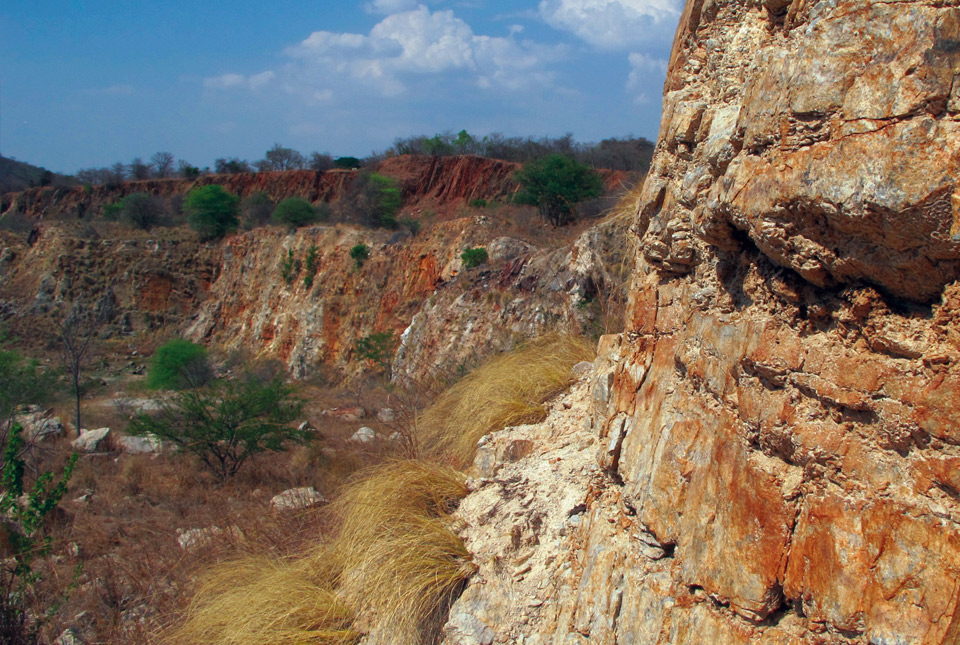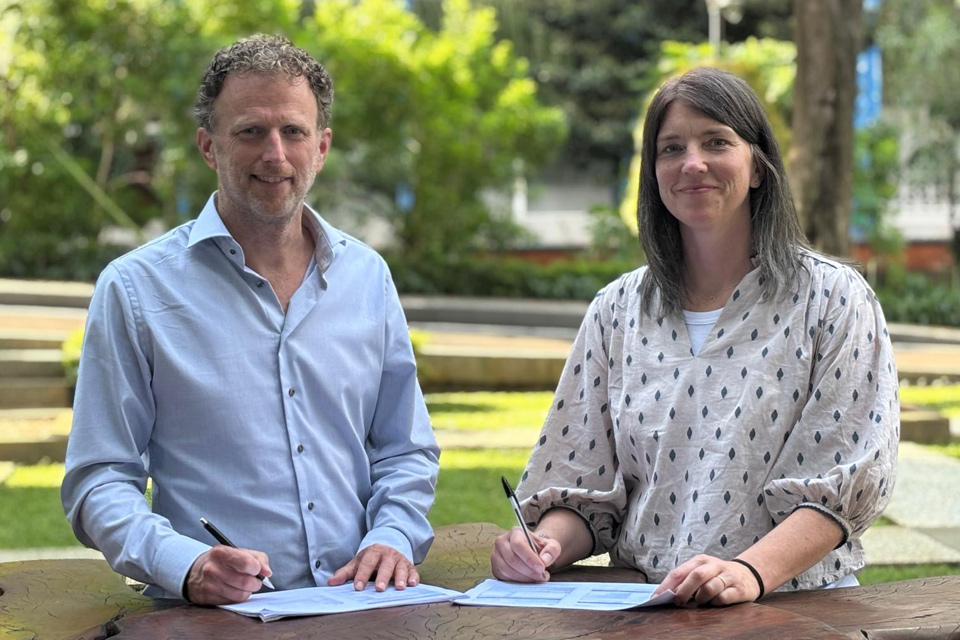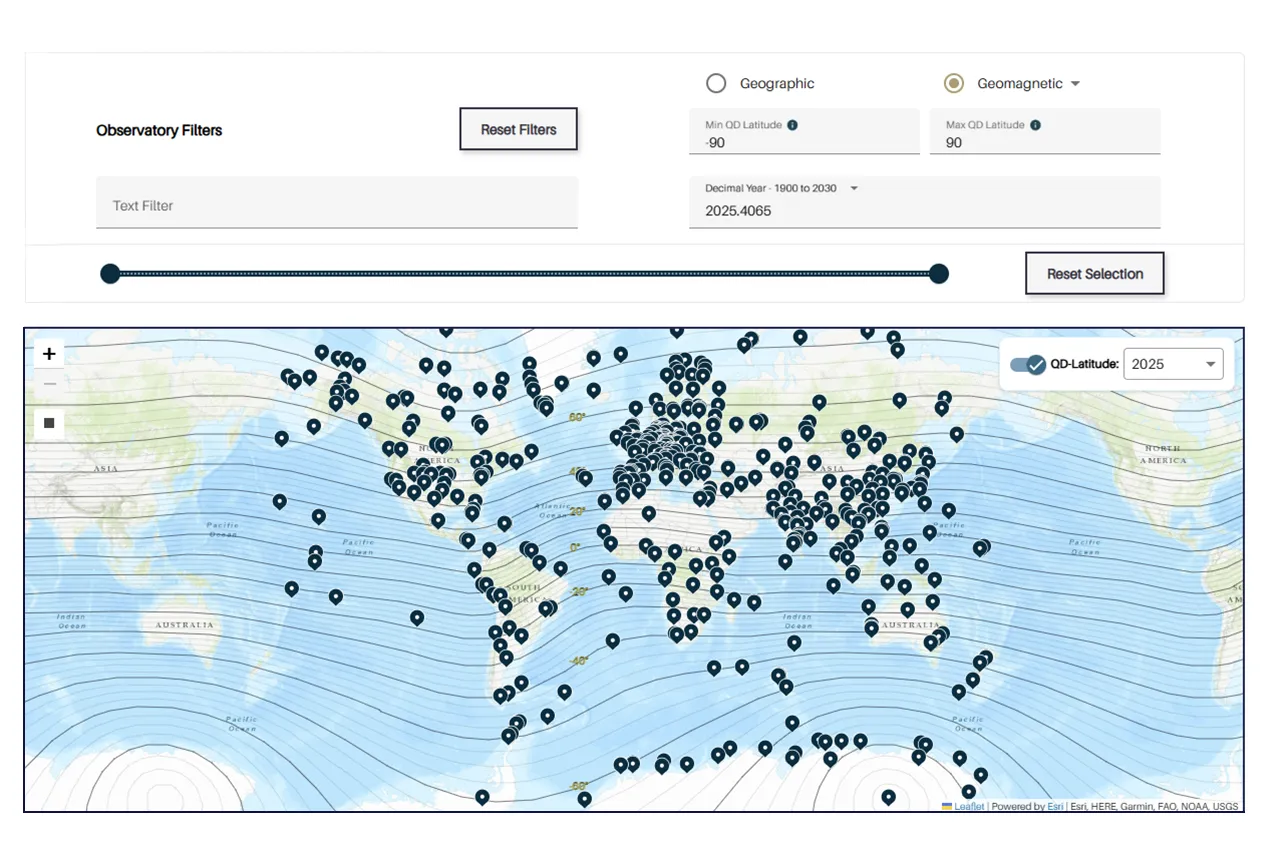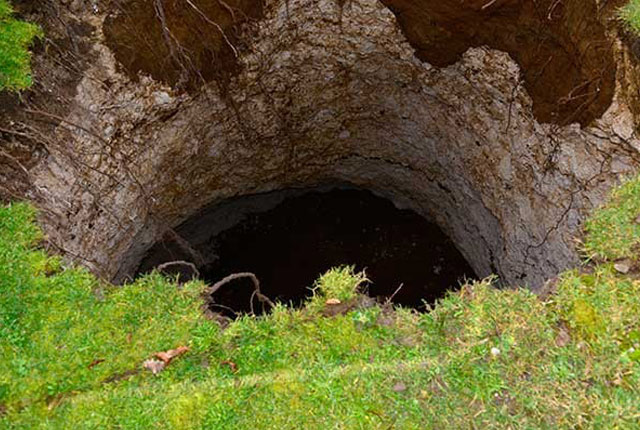Lithium resources and their potential to support battery supply chains in Africa
A new BGS report reviews known resources of lithium and engagement in the battery supply chain across key African countries.
14/07/2021 By BGS Press
Decarbonisation of energy and transport, to meet global net zero ambitions, will require significantly increased amounts of the raw materials used to manufacture batteries and other green technologies. This report focuses specifically on lithium, one of the major battery raw materials, for which demand is expected to grow rapidly in the coming decades.
Lithium supply chains are complex and commonly global in their extent, with steps that include exploration, mining, processing, manufacturing, use and recycling. The continent of Africa has significant natural lithium resources, which may provide an opportunity for many African countries to contribute to meeting increased demand whilst also supporting economic growth. This report reviews known resources of lithium and engagement in the battery supply chain across key African countries.
Many African countries (most notably Zimbabwe, Namibia, Ghana, Democratic Republic of Congo and Mali) have lithium resources and the potential for lithium mines. However, there is much less engagement in critical stages further along the supply chain. Currently, Africa has very little capacity for lithium mineral processing, further refining of lithium chemicals, or manufacture of battery components. This leads to a typical situation where mineral concentrate is exported: value is added outside Africa and products using lithium-ion batteries are then imported. There is clear potential for Africa’s lithium resources to make an important economic contribution, but this should be placed in the context of the wider supply chain. In particular, the potential for regional cooperation on refining and production of lithium chemicals deserves further consideration.
There is currently limited data on the specific socio-economic and environmental impacts of lithium pegmatite mining. Development of new lithium mines across Africa will be most successful if good governance, human rights and minimising environmental impacts are all considered as priorities.
Related news

Funding awarded to UK/Canadian critical mineral research projects
08/07/2025
BGS is part of a groundbreaking science partnership aiming to improve critical minerals mining and supply chains.

AI and Earth observation: BGS visits the European Space Agency
02/07/2025
The newest artificial intelligence for earth science: how ESA and NASA are using AI to understand our planet.

Release of over 500 Scottish abandoned-mine plans
24/06/2025
The historical plans cover non-coal mines that were abandoned pre-1980 and are available through BGS’s plans viewer.

New collaboration aims to improve availability of real-time hazard impact data
19/06/2025
BGS has signed a memorandum of understanding with FloodTags to collaborate on the use of large language models to improve real-time monitoring of geological hazards and their impacts.

Modern pesticides found in UK rivers could pose risk to aquatic life
17/06/2025
New research shows that modern pesticides used in agriculture and veterinary medicines have been found for the first time in English rivers.

Goldilocks zones: ‘geological super regions’ set to drive annual £40 billion investment in jobs and economic growth
10/06/2025
Eight UK regions identified as ‘just right’ in terms of geological conditions to drive the country’s net zero energy ambitions.

Upgraded web portal improves access to geomagnetism data
02/06/2025
BGS’s geomagnetism portal, which holds data for over 570 observatories across the world, has received a significant update.

BGS digital geology maps: we want your feedback
29/05/2025
BGS is asking for user feedback on its digital geological map datasets to improve data content and delivery.

What is the impact of drought on temperate soils?
22/05/2025
A new BGS review pulls together key information on the impact of drought on temperate soils and the further research needed to fully understand it.

UK Minerals Yearbook 2024 released
21/05/2025
The annual publication provides essential information about the production, consumption and trade of UK minerals up to 2024.

BGS scientists join international expedition off the coast of New England
20/05/2025
Latest IODP research project investigates freshened water under the ocean floor.

What causes sinkholes and where do they occur in the UK?
There are several different types of sinkhole. Some result from the surface dissolution of soluble rock such as limestones.


